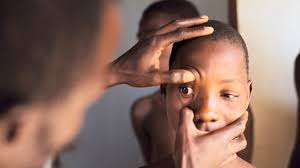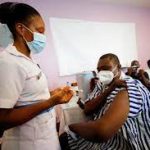African health experts have risent from a meeting in Lome, Togo with e renewed commitment to accelerate efforts to end Neglected Tropical Diseases (NTDs) within the region.
The meeting of NTD Programme Managers held from 15 to 17 April, the experts have also commence sustained discussions and collaborations which they hope would lead to more strategic approaches to end NTDs in Africa, which, according to the World Health Organisation (WHO) harbours 40 percent of over 1 billion people who are globally affected, 40% of whom live in the African region.
According to the WHO in a statement, the African region is home to 20 of the 21 recognized NTDs, including river blindness, lymphatic filariasis, leprosy, and several skin diseases that disproportionately affect the poorest and most marginalized communities. These diseases, it says can cause severe disabilities, social stigma, and even death.
Despite progress in recent years, all 47 countries in the WHO African Region remain endemic for at least one NTD, and 37 are battling five or more concurrently.
“We must step up our efforts while ensuring that no one is left behind. As we reach the mid-point of the 2021–2030 NTD Roadmap, it’s not just a moment of reflection, it’s a call to action,” Dr Chikwe Ihekweazu, Acting WHO Regional Director for Africa was qouted in the WHO statement as saying.
The three-day hybrid meeting brought together over 45 national programme managers and various stakeholders, including global health partners and civil society organizations. The health leaders committed to enhance country leadership and increase domestic financing for NTD programmes to ensure long-term sustainability, accelerate the adoption of innovative diagnostic tools, digital technologies, and treatment methods to improve disease prevention, detection and patient care, strengthen national and community-based surveillance systems to track disease outbreaks and monitor progress more effectively and develop concrete national action plans to address persistent gaps in access to prevention and treatment services, particularly in underserved populations.





